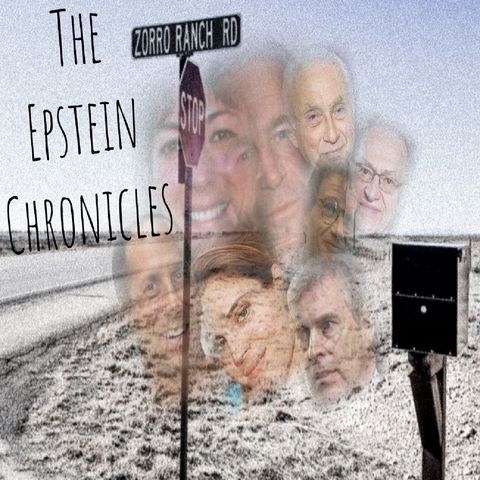Explicit
A Beginners Guide To The Holy Land (10/10/23)

Oct 10, 2023 ·
9m 38s
The history of the Holy Land is a tapestry of ancient civilizations, religious significance, and enduring conflicts. - Prehistoric Inhabitants: The region was initially inhabited by prehistoric hunter-gatherers around 10,000...
show more
The history of the Holy Land is a tapestry of ancient civilizations, religious significance, and enduring conflicts.
(commercial at 6:07)
to contact me:
bobbycapucci@protonmail.com
show less
- Prehistoric Inhabitants: The region was initially inhabited by prehistoric hunter-gatherers around 10,000 BCE, leaving behind evidence of early settlements and cultural development.
- Ancient Civilizations: The Holy Land saw the rise and fall of civilizations such as the Sumerians, Egyptians, and Canaanites, who established trade and cultural exchanges in the region.
- The Israelites and Biblical Times: The arrival of the Israelites, led by figures like Moses and King David, is central to the region's history. The construction of the First Temple in Jerusalem was a significant religious and political milestone.
- Persian, Hellenistic, and Roman Periods: The region came under Persian influence, then underwent Hellenization after the conquests of Alexander the Great. The Roman period included the life of Jesus and the construction of significant architectural marvels.
- Byzantine and Islamic Periods: Christianity spread throughout the region during the Byzantine era, while the Islamic conquest brought the construction of iconic religious structures such as the Dome of the Rock.
- Crusades and Medieval Period: The Crusades saw European attempts to capture Jerusalem, leaving lasting architectural and cultural influences.
- Ottoman Empire and Modern Times: The Ottoman Empire ruled for centuries, fostering a diverse cultural and religious landscape. The late 19th century witnessed Zionist immigration, leading to increased tensions.
- British Mandate and Israeli Independence: After World War I, the British Mandate governed Palestine. In 1947, the UN approved a partition plan, leading to the establishment of the State of Israel in 1948.
- Ongoing Conflict: The Arab-Israeli conflict has characterized the modern history of the Holy Land, marked by wars, peace negotiations, and disputes over borders, settlements, and the status of Jerusalem.
(commercial at 6:07)
to contact me:
bobbycapucci@protonmail.com
Information
| Author | Bobby Capucci |
| Website | - |
| Tags |
Copyright 2024 - Spreaker Inc. an iHeartMedia Company
